
Though the Polish book world may be eclipsed by the likes of Dostoyevsky, Tolstoy, Kafka, Brecht and other literary titans in the neighbourhood, the national bibliography is quite impressive, to say the least. The birth of Polish literature can be witnessed from the early 18th-century, ironically exploding once Poland no longer existed on the world map. Following the country's partitioning by Russia, Austria and Prussia in 1795, for the next 123 years there was something of a surge in Polish cultural works as the huge Polish ethnic minority under each of these occupying powers struggled to maintain a sense of national identity. Shortly after, the future national anthem 'Poland is Not Yet Lost' was penned in 1797, Mickiewicz wrote Pan Tadeusz in 1834 and the works of Słowacki and Krasiński first saw the light of day. Following Poland's regained independence in 1918, a new wave of avant-garde weirdos entered the scene, including Witold Gombrowicz, Czesław Miłosz, Maria Dąbrowska and Zofia Nałkowska. The dark chapter of Nazi occupation and WWII followed by Communism also had a profound effect on the tone and philosophical view of the writing. The science-fiction works of Stanisław Lem and the metaphysically-benign poetry of Wisława Szymborska are a far cry from the romantic adventures penned by Mickiewicz. This is the beauty and dynamic nature of Polish literature, which spans as many genres and emotions as the country's own complex history.
Below are our favourite Polish books, a sample from most these periods, genres and writing styles, that are available with a decent English translation and associated-publisher. We've steered away from the earlier end of the national bibliography, the kind of archaic literary works that even Poles struggle to comprehend, and have focused more on those that are easy-to-read.
Drive Your Plow Over the Bones of the Dead by Olga Tokarczuk (2009/2019)
This is one of the most famous Polish books in recent years by the country's most famous modern writer. Olga Tokarczuk, winner of the 2018 Nobel Prize for Literature, is a force in the Polish cultural landscape. She's written 10 novels in Polish along with several non-fiction and short story books. This book in particular, published first in Polish in 2009 and then in English in 2019, is a noir thriller about a woman, Janina, who lives a quiet life in rural Poland until a neighbor of hers shows up dead. More bodies continue to show up and Janina has an idea about who's committing them... This book garnered a ton of praise for its writing style and the deeper meanings and themes Tokarczuk tackles throughout the book.
Pan Tadeusz or The Last Lithuanian Foray by Adam Mickiewicz (1834)
Often referred to as the national epic of Poland (and every Polish person knows the beginning by heart). In case anyone is confused by the title, Poland was in a political union with Lithuania for many centuries and Mickiewicz himself was actually born in Vilnius. Like many famous Poles from this period, he was in exile overseas (specifically in Paris) at the time of creating this great work. The epic poem is set during the partition of Polish lands that existed at the time, notably in Russian-occupied Soplicowo, and tells the tale of two feuding noble families, Soplica and Horeszko. Like Romeo-and-Juliet, Tadeusz Soplica (the title character) falls for Zosia Horeszko. This drama is set amongst the backdrop of a looming Polish uprising against the Russian occupiers, egged on by Napoleon's advancing Grande Armée. The translation by Bill Johnston, Archipelago Books, Brooklyn 2018 is recommended.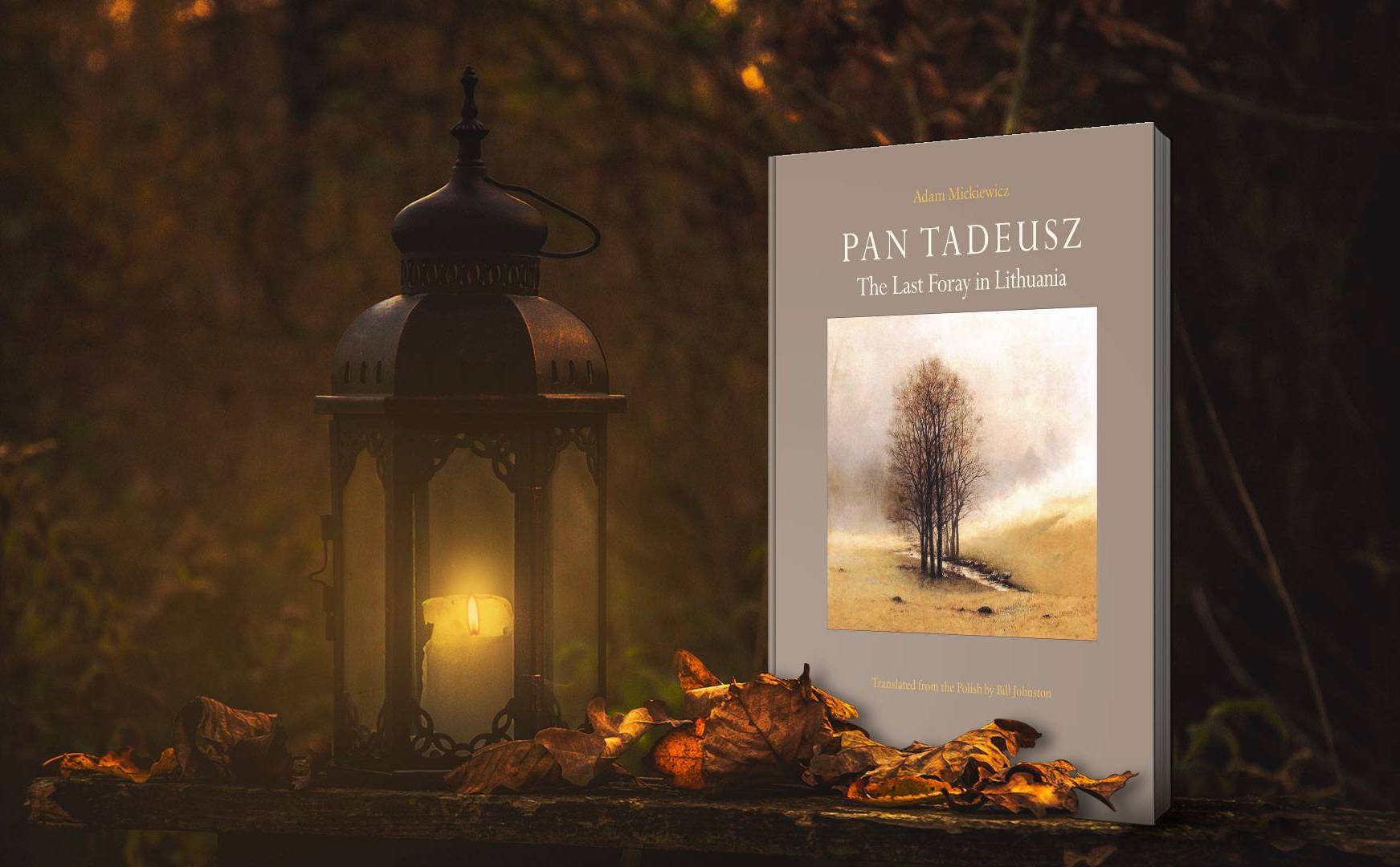
Solaris by Stanisław Lem (1961)
The best known work by Poland's sci-fi genius, Stanisław Lem, Solaris chronicles the ultimate futility of attempted communications with the extraterrestrial life inhabiting a distant alien planet. Psychologist Kris Kelvin is sent to assess the small crew of a research station above the distant ocean planet of Solaris, after one scientist commits suicide. Upon arrival, the scientists warn him that Solaris, which appears to be a life force of its own, is trying to communicate with the research station by materialising 'visitors' onboard in order to communicate with them. From the suppressed end of Kris' memory, Solaris manages to materialise Hari, his late wife who had committed suicide through their strained relationship, and the psychologist is confronted with the deepest recesses of his subconscious. Limitations in the human condition and science, as well as an inability to communicate and understand alien entities, are reoccurring themes in Lem's work. Indeed, the book was a world away from his American contemporaries (no pun intended!), whose works he considered to be lacking in substance and failing to address basic philosophies and emotions. The book has been highly influential and was adapted twice into film - by Russian director Andrei Tarkovsky in 1972 and again in 2002 by Steven Soderbergh, the latter of which starred George Clooney. The original English translation of Solaris by Joanna Kilmartin and Steve Cox is still widely available, but we recommend Bill Johnston's superior direct English translation - Solaris: The Definitive Edition - which is unfortunately only available in audiobook and Kindle formats to date.The Witcher Series by Andrzej Sapkowski (1990-2012)
An unstoppable force in popular culture, which has most recently been adapted as a Netflix series and previously as a three immensley-popular computer games, if you haven't heard of The Witcher (Wiedźmin in Polish) by now, you've been in quarantine longer than necessary! Andrzej Sapkowski apparently wrote the first book for a literary competition to prove to his son 'how easy it is to write fantasy fiction'! Whether such an arrogant position is/was actually held by Sapkowski or not, the Polish authors unique writing style as well the influences of Slavic folklore and mythology on the book series has resonated with fans of the genre, who have grown tired of the Tolkein universe. The books' main character, Geralt of Rivia, is a Witcher - an individual with mutations and specialised training who operates as a monsterslayer-for-hire. In the book's universe, known as 'The Continent, a sequence of stories take place, most notably his adventures with the bumbling bard Jaskier, raising the child-princess Ciri as a witcher herself and his romance with the sorceress Yennifer of Vengerberg. The continent is plagued with political instability and warring factions, undoubtedly influenced by Poland's own history, and a plethora of abominations that Geralt is repeatedly charged with slaying. David French's translation into English is the only one found on bookstore shelves and he has done a pretty damn-good job!Read Our Article on The Witcher and Poland: Real Places That Inspired The Witcher Franchise
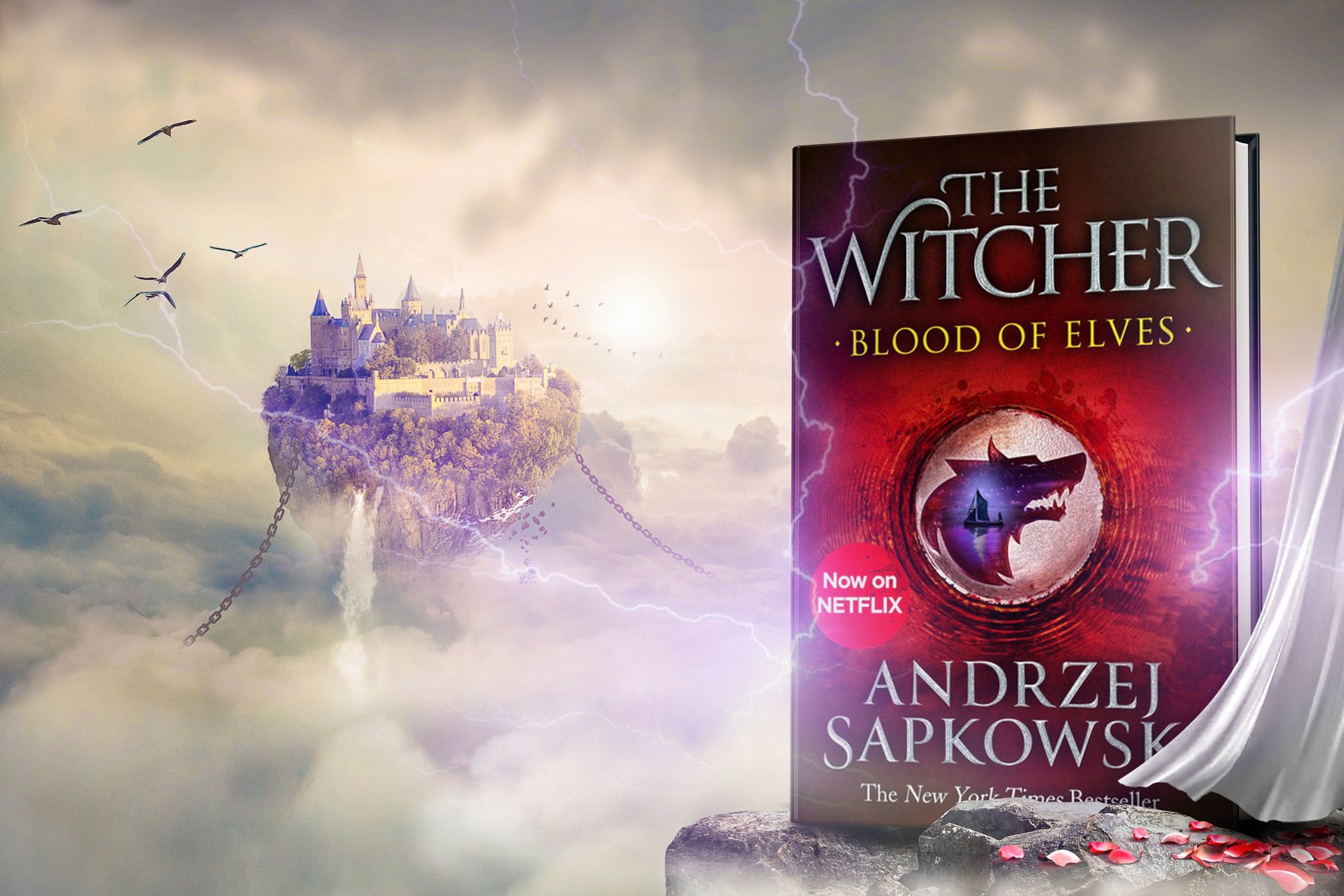
Native Realm by Czesław Miłosz (1959)
Polish Poet Czesław Miłosz led an eventful life. He was born in 1911 in Šeteniai, Lithuania, which was then part of the Russian Empire. He experienced the hardships of conflict first-hand from an early age, starting in 1915 when the German army captured Vilnius where he lived with his mother at the time. The Miłosz family were refugees a second time during the Polish-Soviet War of 1919. Later, he survived the German occupation of Warsaw during World War II and became a cultural attaché for the Polish government during the post-war period. When communist authorities threatened his safety, he defected to France and ultimately chose exile in the United States. These key moments in his early life would materialise into a collection of prose that would effectively become his memoir, Native Realm. When he won the Nobel prize for literature in 1980, the Swedish Academy wrote of Miłosz as a writer who "voices man's exposed condition in a world of severe conflicts". Native Realm, translated by Catherine S. Leach, Farrar, Straus and Giroux, 2002.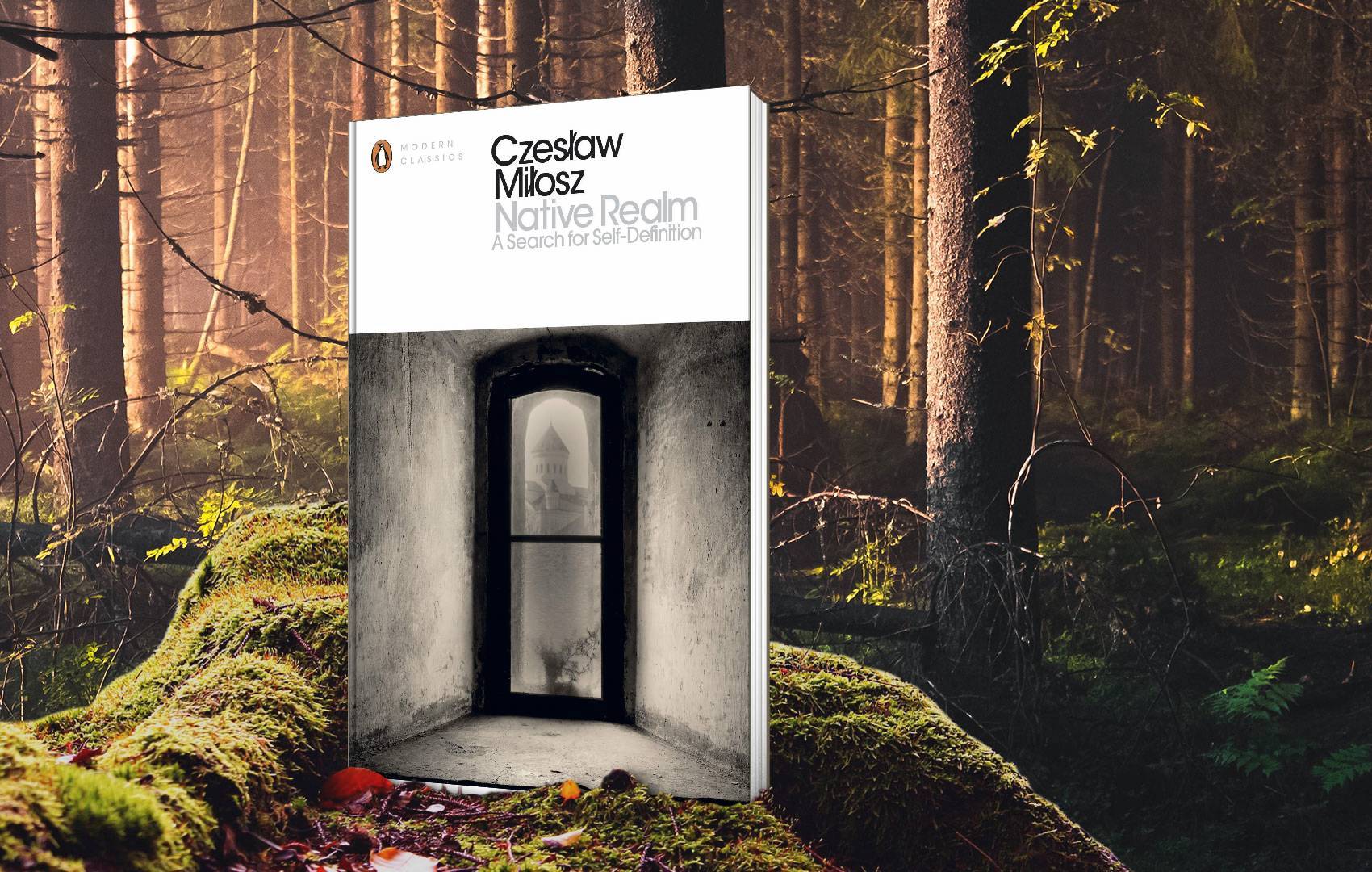
Mercedes-Benz by Paweł Huelle (2001)
In this recount of his earlier life, Paweł Huelle is a young man living in the Baltic port-city Gdańsk just after the fall of Communism. Centered around the driving lessons he takes with Miss Ciwle in her tiny Fiat, we learn about Paweł and his family's obsession with cars, in particular the German make of Mercedes-Benz. All the relatable hilarity from stalling a car as a learner driver to the outings, the accidents, the breakdowns and the home-repair jobs are and illustrated with personal photographs, which paint the picture of a city and a nation emerging with hope from the dismal years of communism. Much like Paweł shakey hands at the wheel, so too was Poland it would seem. Huelle creates a touching portrait of three generations amid life-changing historical events.

House of Day, House of Night by Olga Tokarczuk (1998)
Set in Nowa Ruda in Silesia, an area that has shifted in control between Czech, Germany, Austro-Hungary and now Poland, the newly-arrived narrator and her husband slowly discover the history and secrets of each of the town's inhabitants - equally as complex as the hallowed ground they call home. The novel is no plot per say, more just an enigmatic tangle of short stories that define each of the book's characters. Tokarczuk's writing style, often described as 'mythical' and 'an unclear space between awake and dreaming' is somewhat informed by her past as a psychiatric nurse and student of the philosopher Carl Jung. Her critiques on Polish society, which is rather prevalent in most of her work, has not been popular with Poland's conservative lobby, who have labelled her as unpatriotic, anti-Christian and a promoter of eco-terrorism. Tokarczuk was awarded the 2018 Nobel Prize in Literature.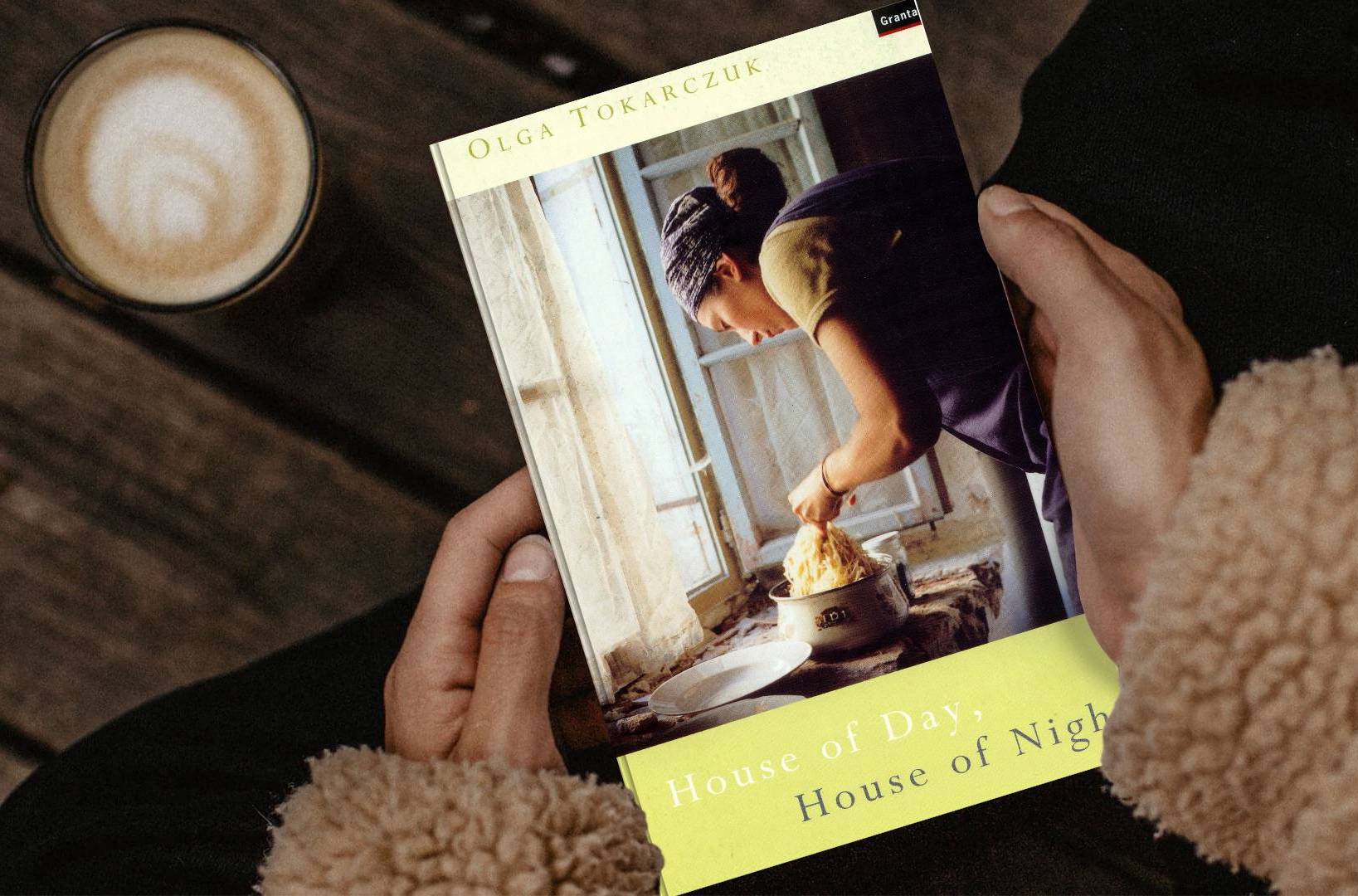
Ferdydurke by Witold Gombrowicz (1937)
"... a satire on some social class, nor a nihilistic attack on culture... We live in an era of violent changes, of accelerated development, in which settled forms are breaking under life's pressure... The need to find a form for what is yet immature, uncrystalized and underdeveloped, as well as the groan at the impossibility of such a postulate – this is the chief excitement of my book." --Witold GombrowiczAs part of the wave of inter-war avant-garde Polish writers, Witold Gombrowicz is very much the custodian of absurdism. His first and best known work, Ferdydurke tracks the Author's absurd regression from a 30-year-old man into a 17-year-old school boy at the hands of Pimko, a diabolical professor who seeks to break down his self-perceived maturity. As with many inter-war European works, this bitterly humerous novel challenges all societal norms: innocence vs knowledge, ability vs ineptness, awkwardness vs sophistication, politeness/impoliteness, artificiality vs naturalness and, of course, the novel's central theme - maturity vs immaturity. Though a success upon its release in 1937, it was deemed subversive by the Nazis and Polish Communist regimes, and was subsequently banned in Poland for decades. All the while, it has remained an influential work of 20th-century modern literature.
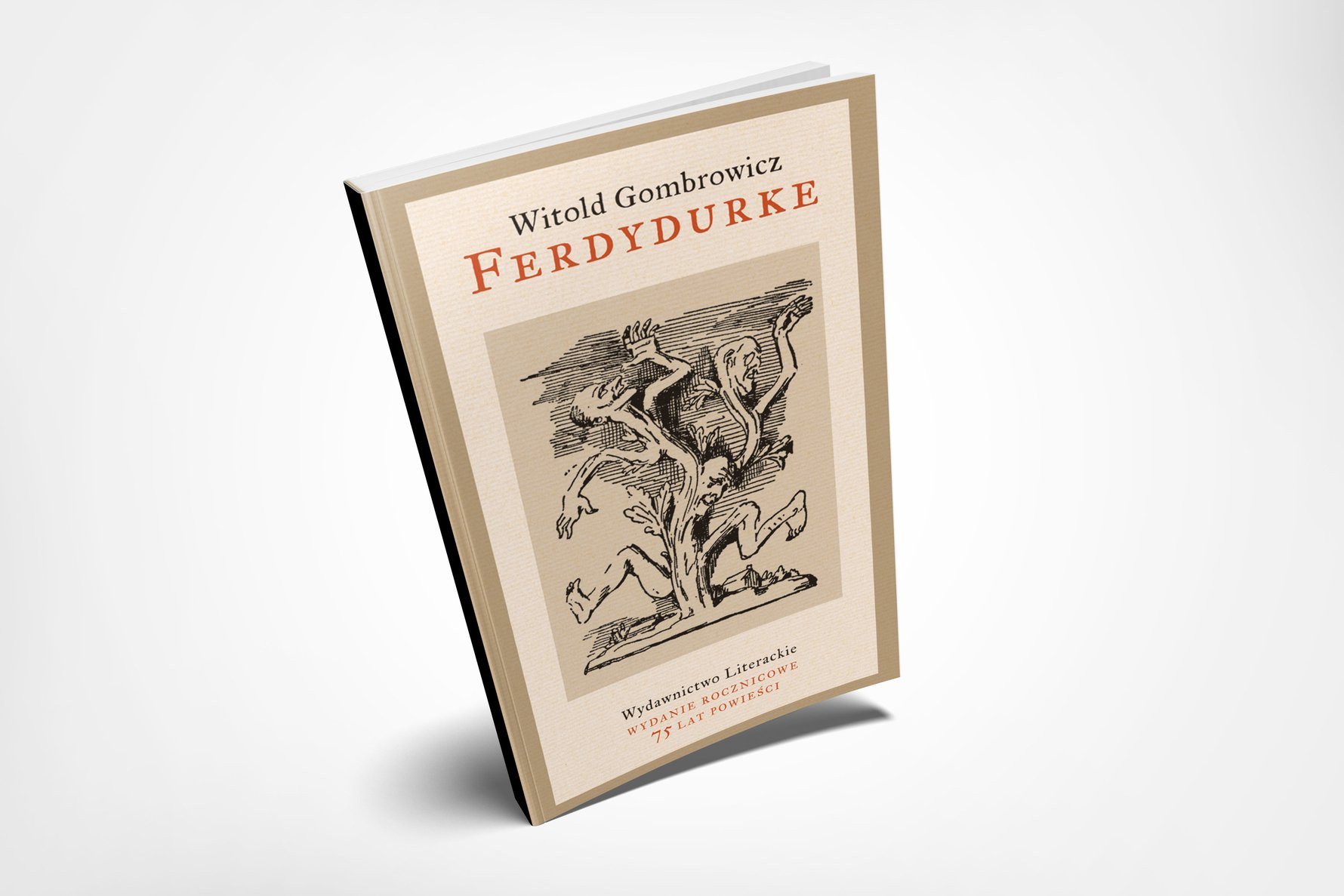
View with a Grain of Sand: Selected Poems by Wisława Szymborska (1995)
In this collection of 100 poems, Wisława Szymborska displays her incredible ability to transcend the mundane. She portrays a world of astonishing diversity and richness, in which nature is wise and prodigal and fate unpredictable, if not mischevious. With acute irony tempered by a generous curiousity, she documents life's improbability as well as its transient beauty. The themes explored here range from the immortality of possessions to the destructive nature of the human condition, though without any heavy-handedness, which is what really defines Szymborska's style of poetry. Divided into 7 loosely-thematic sections, this collection is made up of more than 30 years of writing. Szymborska was awarded the 1996 Nobel Prize in Literature 'for poetry that with ironic precision allows the historical and biological context to come to light in fragments of human reality' The translation by Stanisław Barańczak, Clare Cavanagh, published through Houghton Mifflin Harcourt, Boston (2015) is recommended.
The Inspector Mock Series by Marek Krajewski (1999-2018)
Set against the smoggy backdrop of 1930s Breslau (now Wrocław), alcoholic and depressive Eberhard Mock is a murder investigator of vicious and bizarre homicides, cases that unveil the city's grim underbelly as well as the political and social antagonism of the time. With gruesome slayings compelled by the occult, religious fanaticism and suspicions of espionage, this is a dark, brooding type of read that you will struggle to find in most hard-boiled crime noir. Marek Krajewski is incredibly detailed in his recreation of Wrocław at the time and, not surprisingly, he is a Wrocław native, though born well-after the city changed its name. He also collaborated with forensic scientists tighten the accuracy of his subjects. Other locations, such as pre-WWII Lvov (now Lviv, Ukraine) are also painstakingly recreated, complete with linguistic flourishes from the eastern region for extra flare. The first book in the series is Death In Breslau, first published in 1999, and it has since gone on to be published into 18 languages, including English.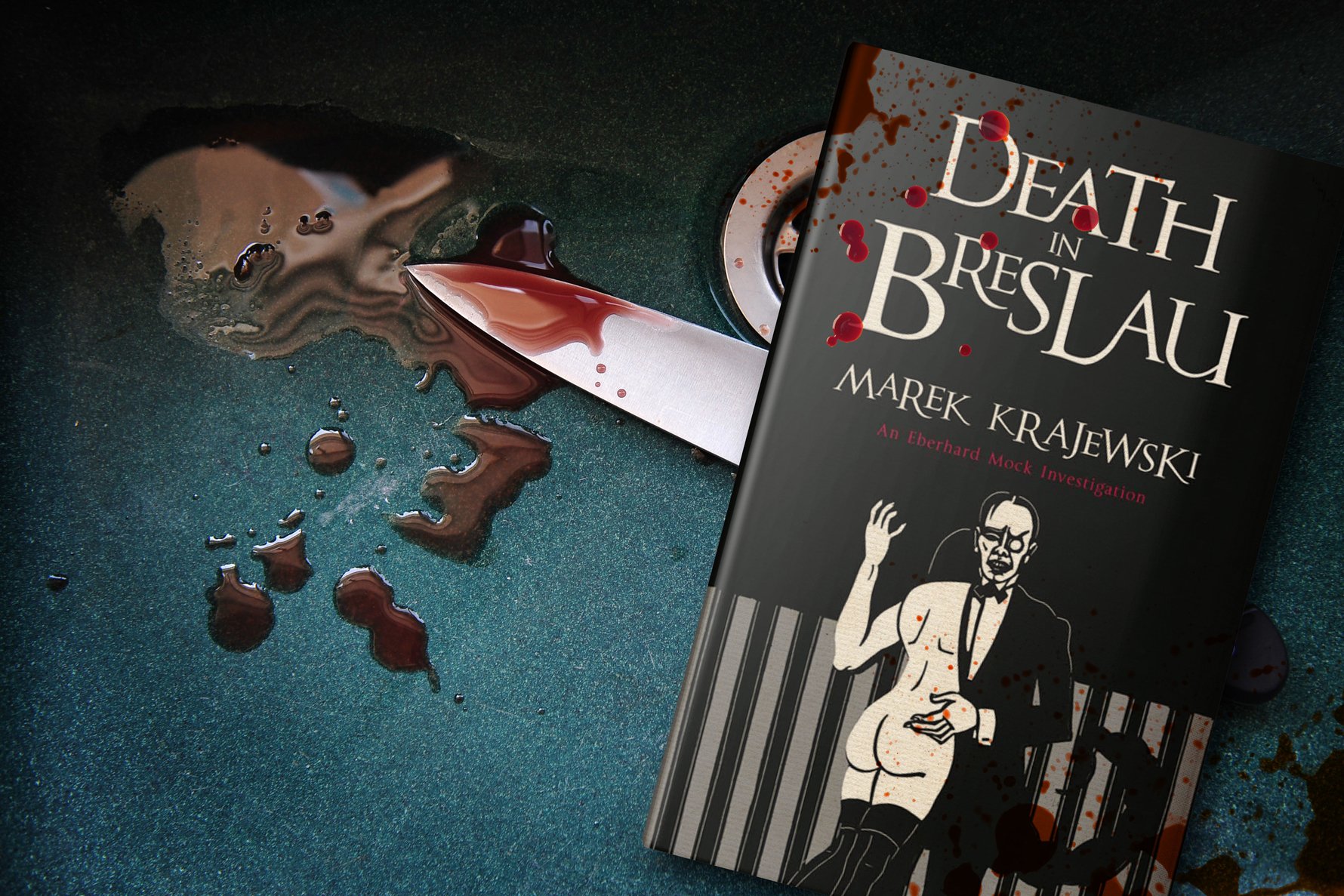
The Shadow Of The Sun by Ryszard Kapuściński (1998)
Few Poles have lived a life as interesting as Ryszard Kapuściński. Known primarily as a journalist, a foreign correspondent in those pre-internet days when news stories had to be researched and pursued first hand, in his own idiom he was, in fact, less a journalist and more a 'literary reporter,' who made Third World reportage his own. Shadow Of The Sun is one of two books he wrote after countless visits to Africa between 1958 and the mid-1990s. Through Kenya, Rwanda, Nigeria, Ethiopia and more, he detailed his accounts as a white, foreign visitor, hitchhiking with caravans, wandering the Sahara with nomads and suffering a bout of malaria that threatened his life. He lived amongst a range of classes, from wealthy government ministers to poverty-stricken slums, and observed the 'development' of Africa. Amongst a great deal of fine writing, Shadow of the Sun contains the flawless Lecture on Rwanda, written shortly after the Hutu massacre of Tutsis in 1994. It is the finest, most succinct explanation of Rwanda’s fall into genocide ever written:“Estimates of the number of victims vary. Some say half a million, others one million. No one will ever know for sure. The most terrifying fact is that people who only yesterday were guilty of nothing were today murdering other completely innocent people. And so even if the number of victims was not one million but, let us say, just one, would it not be proof enough that the devil is among us, and that in the spring of 1994 he just happened to be in Rwanda?”
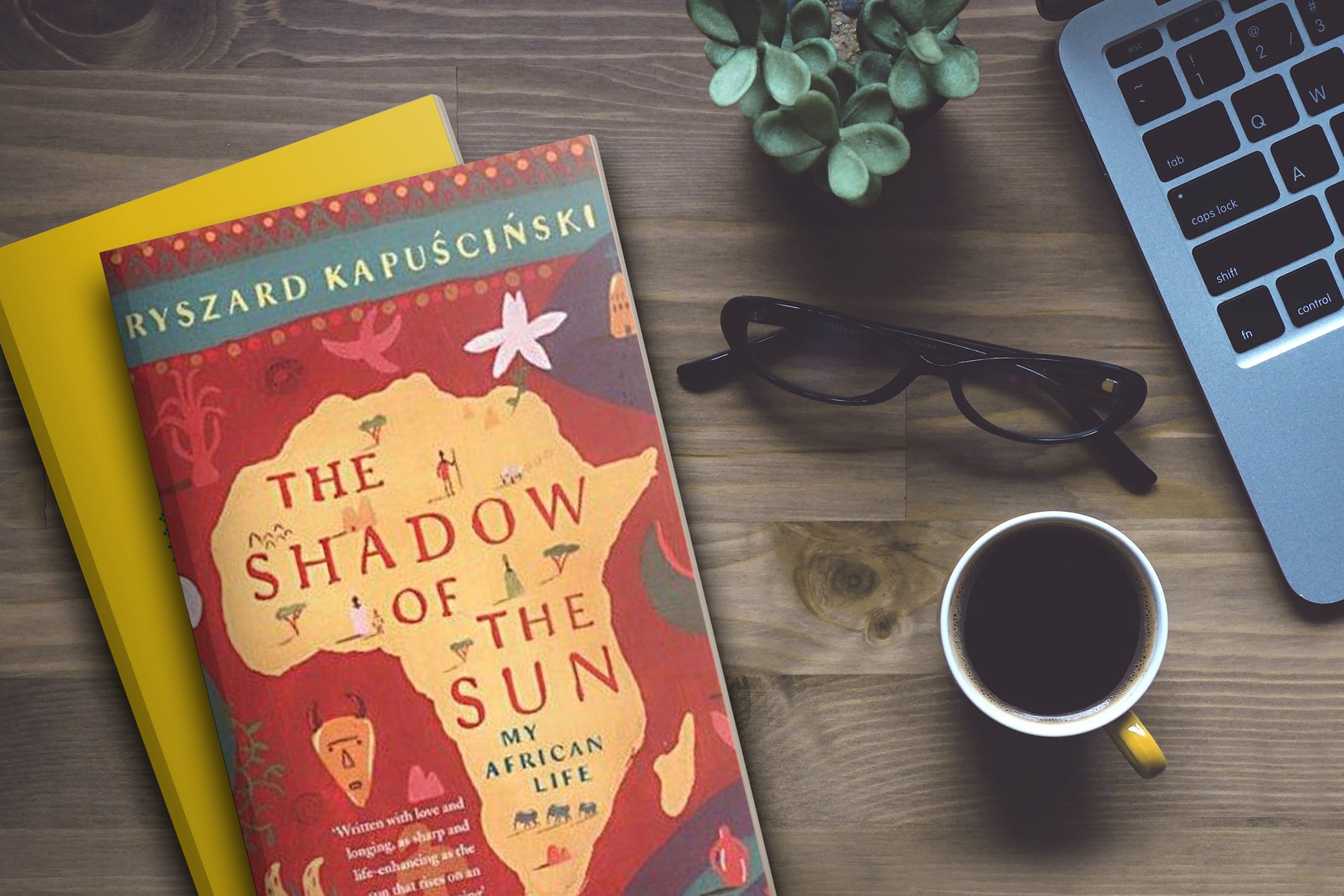
Sanatorium Under The Sign Of The Hour-Glass by Bruno Schulz (1937)
A novel that takes the form of a collection of poetic short stories that take the form of an abstract dream state. The narrator travels to see his recently-deceased father, though the Sanitorium in which his body rests is set back in time to where he is caught in his final moment of life. The narrator watches his father interacting with people and other bizarre moments where paranoia influences the dream state and it turns nightmarish. Many of the scenes in the book are influenced by life in the Jewish quarter of Drohobycz, the provincial town in the Austro-Hungarian Empire (now Ukraine) where Schulz was born. The hourglass of the title refers to the use of this object as a symbol in obituaries and death notices among the Poles. Schulz was also a very accomplished painter and the book is illustrated by himself as well. Acknowledged as one of the most brilliant Polish writers of the inter-war period, he was shot and killed by a German Nazi in 1942 while walking back home toward Drohobycz Ghetto with a loaf of bread.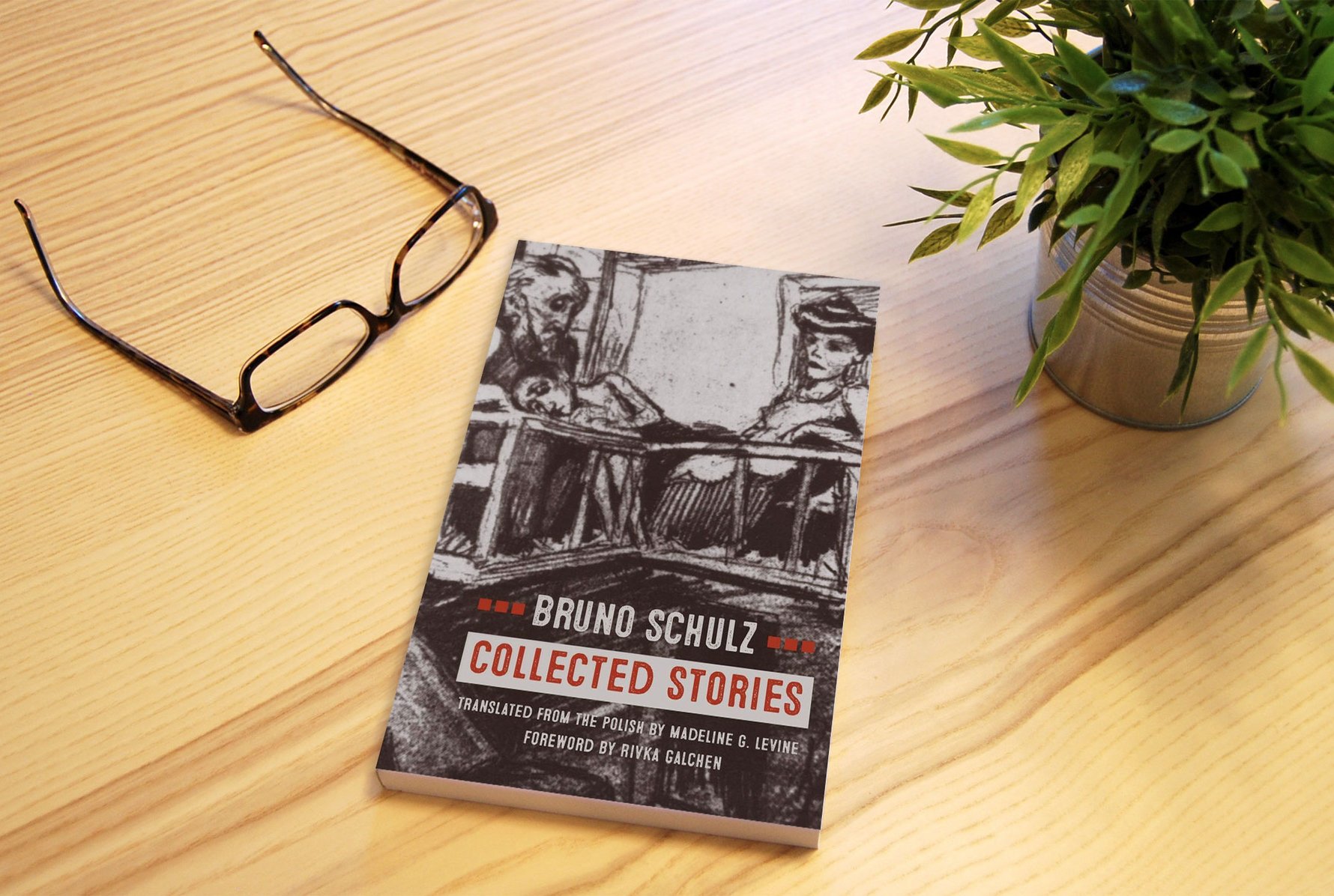
Heart of Darkness by Joseph Conrad (1902)
Half of you may be a little confused as to why an English language author is in here and the other half of you are rolling your eyes....but we defend our position! Józef Teodor Konrad Korzeniowski hailed from Berdychiv (now Ukraine) and was a merchant-marine for 20 years before first being published and he wrote directly into English, not his native Polish, which brought a new sensibility into English literature. This also means he saved his publisher translation costs...and besides, you came here looking for an English translation of Polish literature, right?Conrad's second book, Heart of Darkness tells the story of Marlow, a riverboat captain in the Belgian Congo who develops an obsession with, Kurtz, a charismatic Ivory trader who has abandoned his post. Kurtz originally had strong ideas about introducing European civilisation to the Congolese tribes, however, he fails in his attempts and becomes a 'savage' himself. Furthermore, he has convinced one tribe that he is a god, placing them totally under their influence. Through the perspectives of Marlow and other characters in the book, Heart of Darkness offers a very cynical commentary on imperialism and racism. Conrad puts forth the idea that there is little difference between "civilised people" and those described as "savages." The book was the direct inspiration for Francis Ford Coppola's 1979 film Apocalypse Now. In 1998, the Modern Library ranked Heart of Darkness 67th on their list of the 100 best novels in English of the twentieth century.


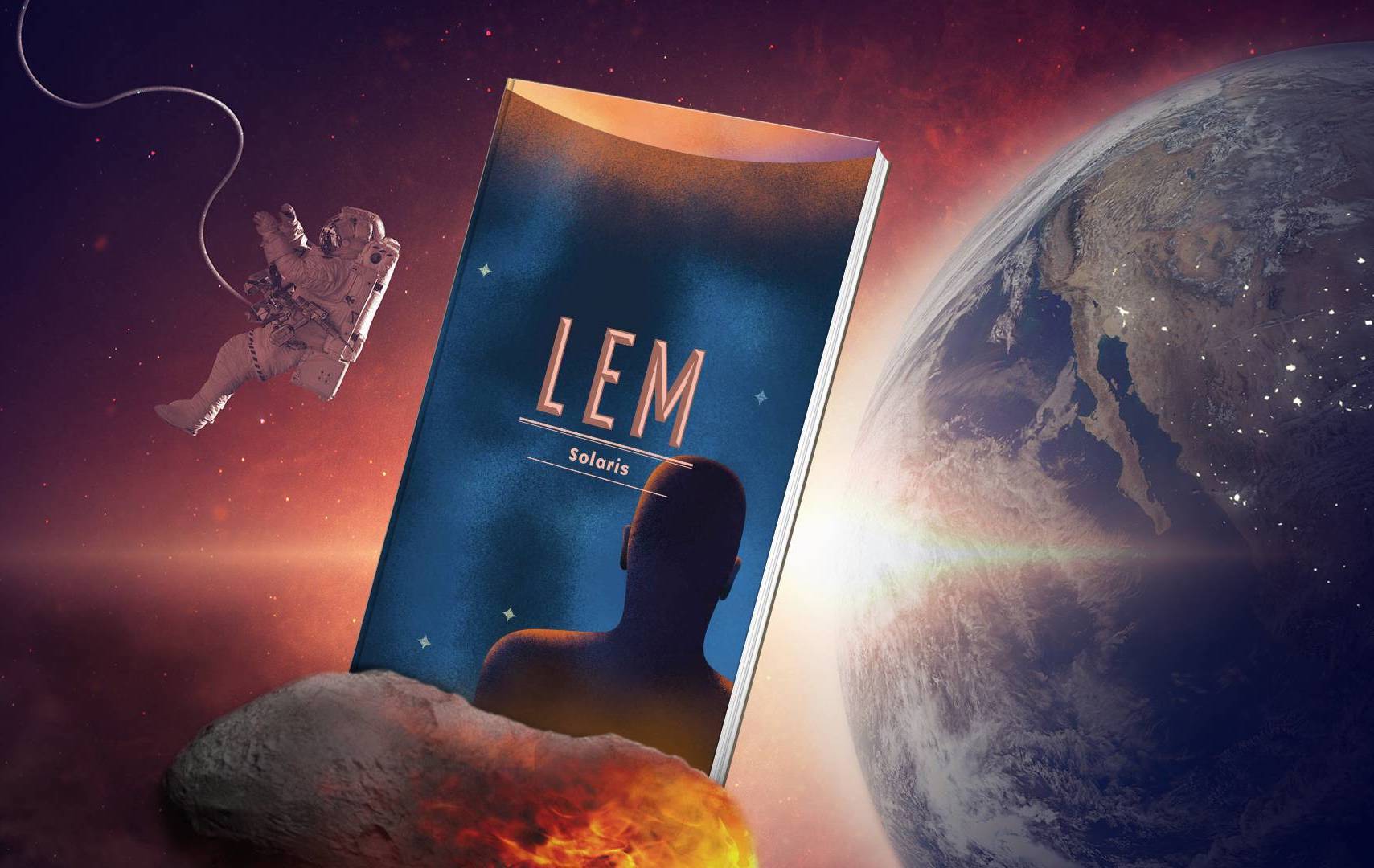
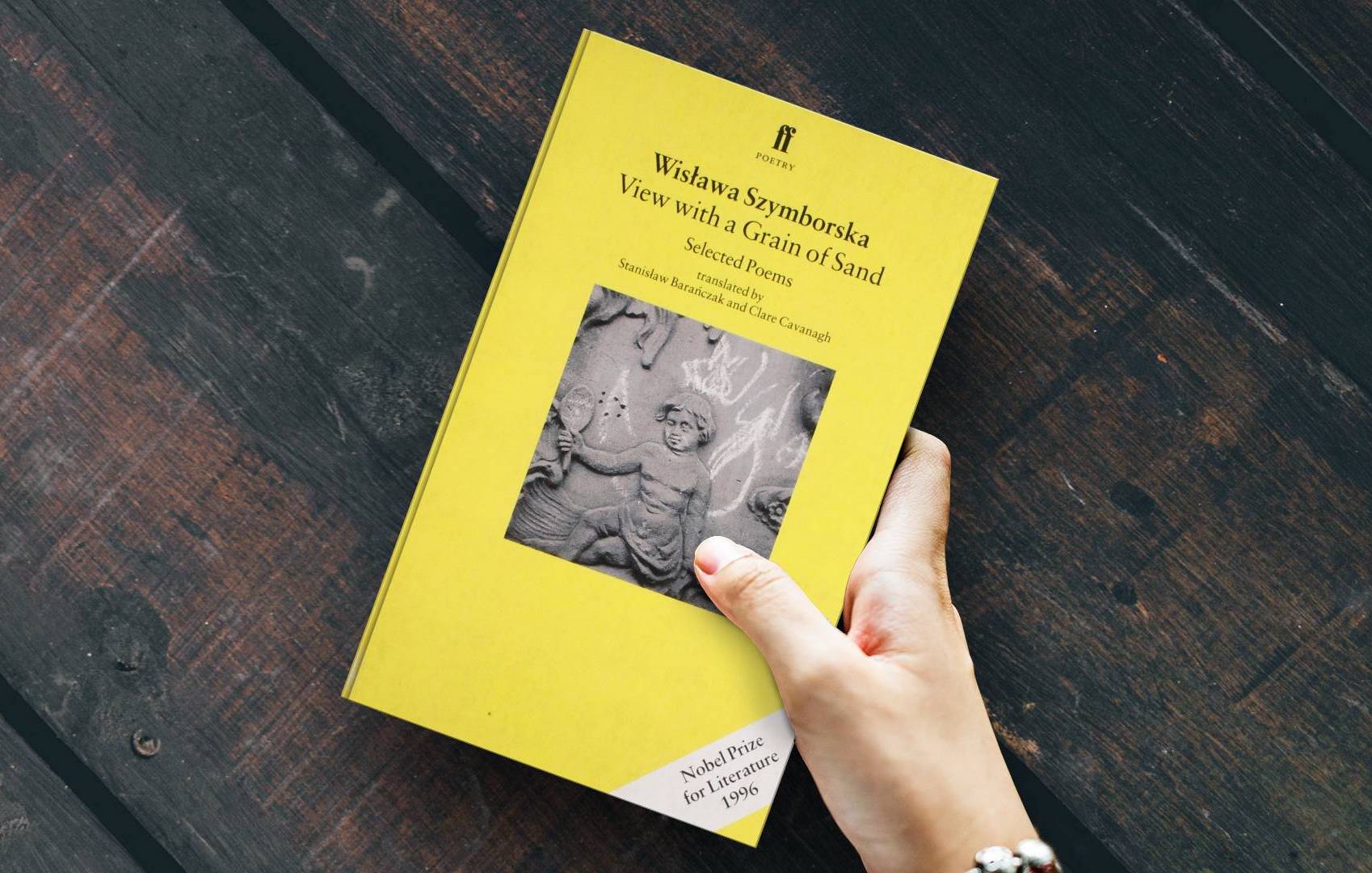
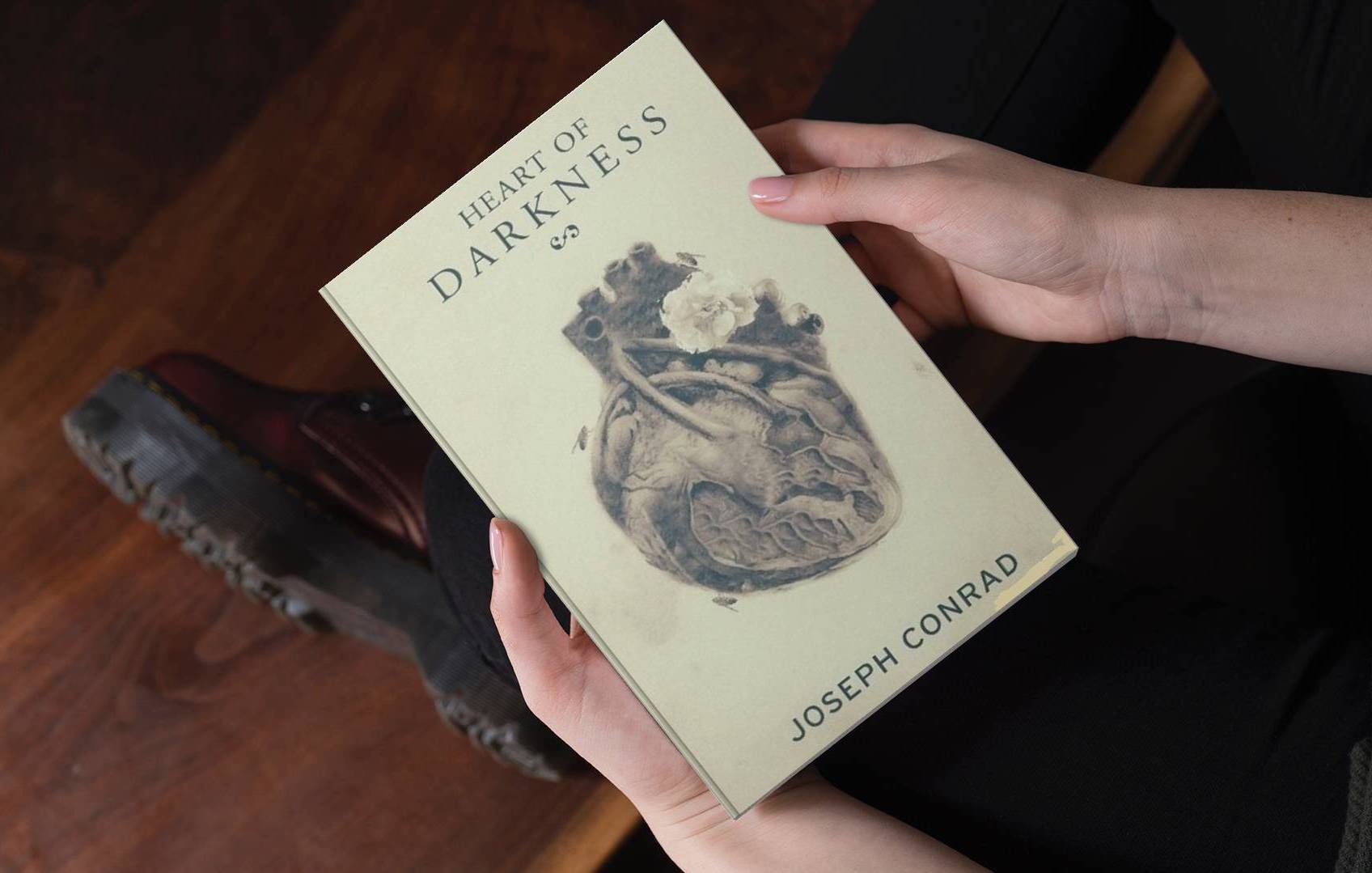

Comments